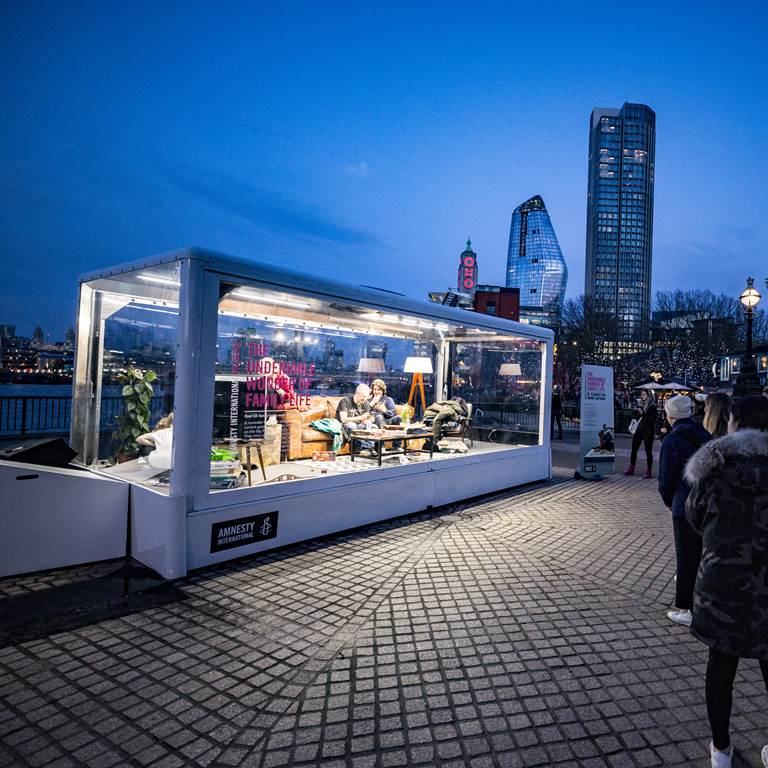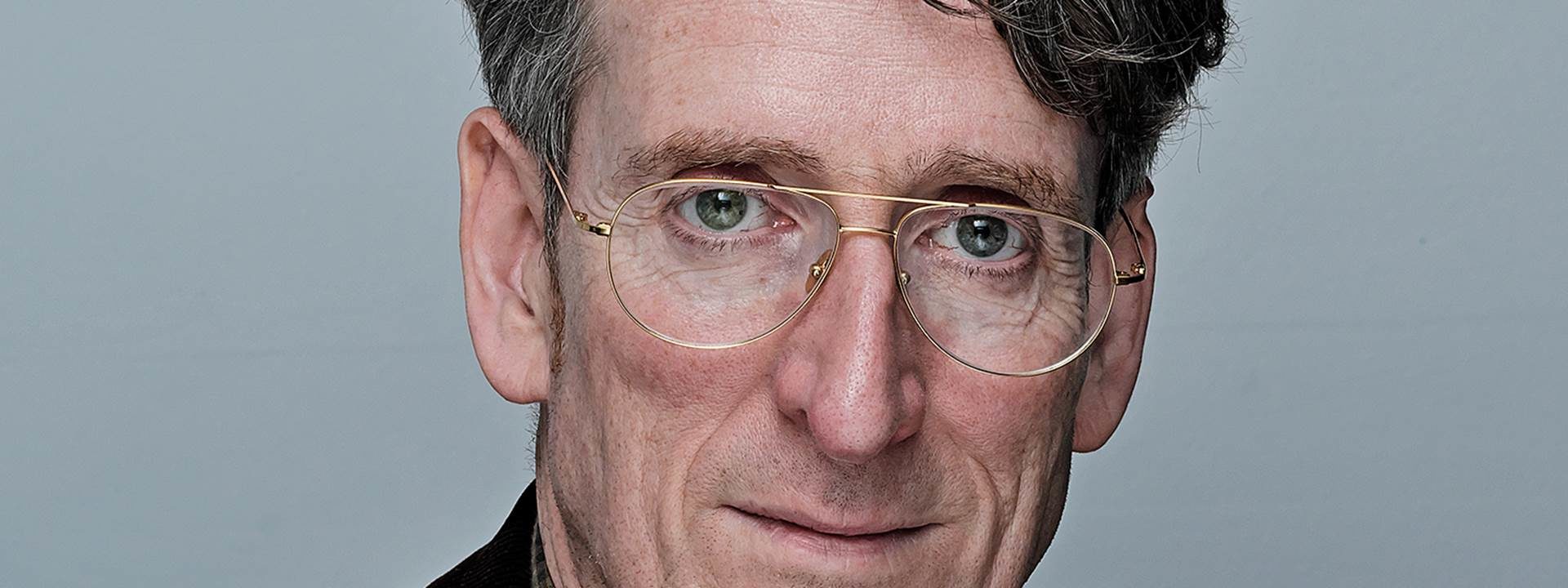Artisans, Not Managers
news
Agency News
Published by
Charles Vallance
Date
05/01/2020
As an industry we have a number of peculiar habits. Talking ourselves down is one of them. Focusing on ads and stunts that the rest of the world won't notice is another.
Equally time-honoured is our tendency to promote people away from what they're good at and propel them into senior management.
Like most peculiar habits, this has many more downsides than upsides. It is, perhaps, the greatest operational flaw in our industry. We still labour under the misapprehension that management is the ultimate goal of an advertising career, when it shouldn't be. The ultimate goal should be to make the best ads you possibly can and to stay doing this for as long as you can.
I say this because all the really good people I've ever worked with understand that advertising is not a service industry. It's a manufacturing industry. Unlike so many managerial professions, we make a concrete end-product (even if this is increasingly transmitted in digital code). We make something that people see and feel, something that moves, that speaks, that's musical or photographic, interactive or emotive, familiar or brand new. At the start of every project we begin with nothing, and at the end, we have produced something tangible that can be communicated to the outside world. Where we can then say 'I had a hand in making that'.

There is a thrill to this making process that few other office jobs can match. I’m sure completing an audit is satisfying, but I doubt it’s thrilling. No doubt there is satisfaction to be found in advising on an obscure sub-clause in contract law. However, this has negligible public jeopardy when compared to sending your little creation out into the world and waiting for Campaign’s patrician thumb to signal death or glory in the Colosseum of its opinion pieces. And that’s before your Mum and Dad weigh in.
Of course, advertising is not entirely a manufacturing business.

Service is central too, but it is of secondary importance. If I were a Client I'd tolerate badly punctuated status reports if the ads were great. But no amount of slick minute-taking would compensate for sub-standard work. The same is true in the restaurant trade. What do you value most when you go out to eat - the kitchen or the front of house? (I would stress, for the record, that I say this with the greatest respect to Jesus, Fernando, Chris and Jeremy, just in case I need to book a table at short notice in the coming weeks).
The craft of making something informative, entertaining or in other ways worthwhile is the essence of what we do. And craftsmen don’t move away from the product as their careers progress, they move closer. They gain experience, they hone their skills, they mature into master craftsmen, they encourage and nurture new makers. As a business, we are in danger of losing this artisanal instinct. We are in danger of undervaluing hard-won experience in a way that would be unthinkable to the worlds of design, fashion, architecture, film or journalism. And we are in danger of absurd managerial title inflation, with its attendant focus on fashionable abstractions such as disruptive business models, new value exchanges, transformation agendas and the like.
But none of these should be our focus. We should simply focus on making a better product tomorrow than we did yesterday. If we do this, everything else will follow. This is why the agencies that do best are the ones that let their people stay closest to the work, and the ones who do worst promote their talent into the craft-free zone of senior management, miles away from the heat, chaos and sizzle of the kitchen.
So next time you’re offered a new job or a promotion, here's a question that might be worth asking; will the move take you nearer to the stove, or further away?


